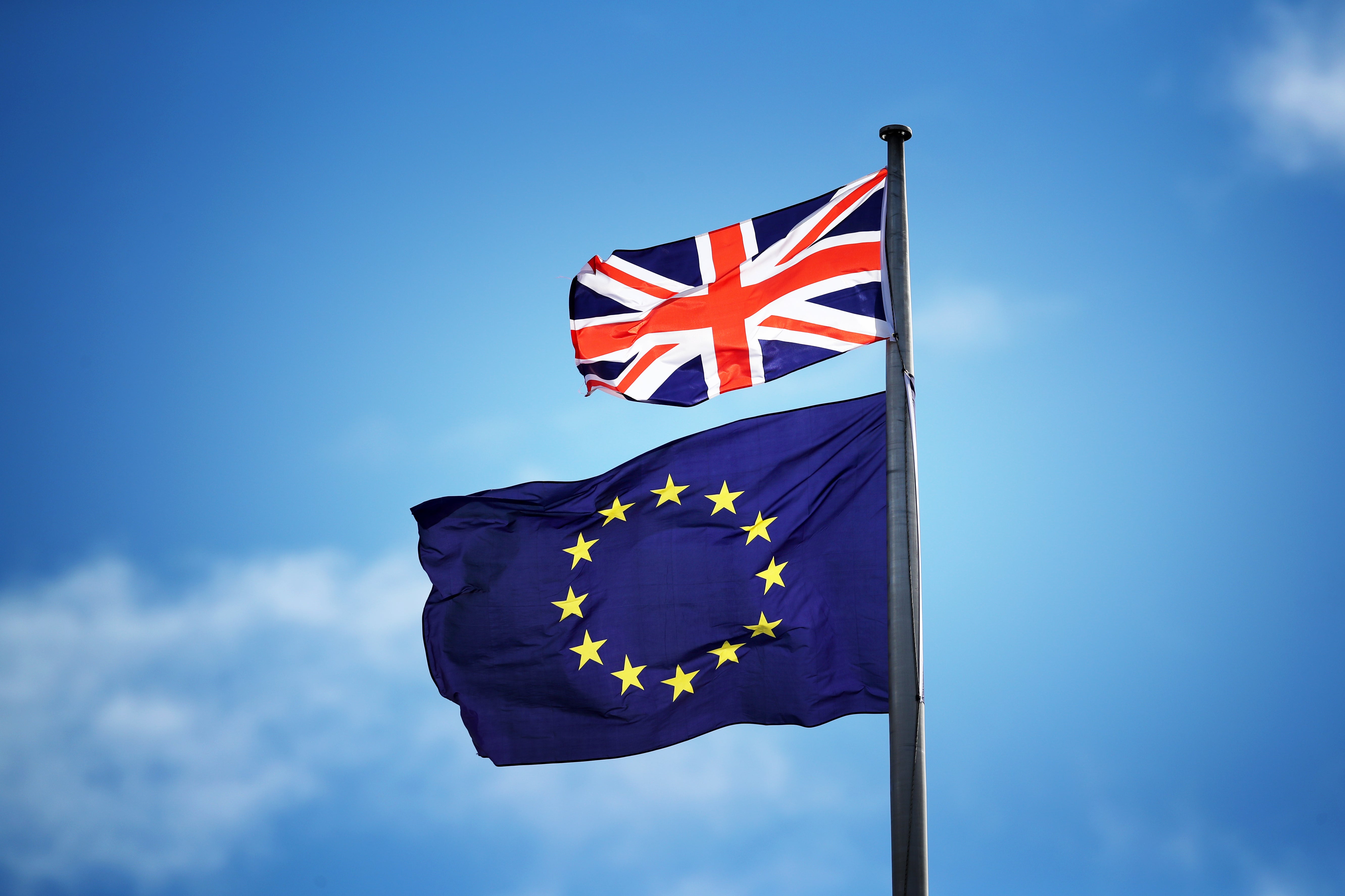EU trade deal not helping exporters grow, research suggests
The British Chambers of Commerce called on the Government to help firms tackle increased costs.

Your support helps us to tell the story
From reproductive rights to climate change to Big Tech, The Independent is on the ground when the story is developing. Whether it's investigating the financials of Elon Musk's pro-Trump PAC or producing our latest documentary, 'The A Word', which shines a light on the American women fighting for reproductive rights, we know how important it is to parse out the facts from the messaging.
At such a critical moment in US history, we need reporters on the ground. Your donation allows us to keep sending journalists to speak to both sides of the story.
The Independent is trusted by Americans across the entire political spectrum. And unlike many other quality news outlets, we choose not to lock Americans out of our reporting and analysis with paywalls. We believe quality journalism should be available to everyone, paid for by those who can afford it.
Your support makes all the difference.The Government has been urged to help firms which export goods after research suggested most believed the EU trade deal was not helping them grow or increase sales.
A survey of 1,000 businesses by the British Chambers of Commerce (BCC) found that only one in eight said the trade deal was helping them.
A majority of respondents said it has pushed up costs, increased paperwork and delays, and put the UK at a competitive disadvantage.
Seven out of 10 of those polled said the Trade and Co-operation Agreement (TCA) was not enabling their business to grow.
Nearly all of the businesses in this research have fewer than 250 employees and these smaller firms are feeling most of the pain of the new burdens in the TCA
Issues included rising costs, not having the time and money to deal with the bureaucracy it had introduced and EU customers being put off from considering UK goods and services.
William Bain, head of trade policy at the BCC, said: “This is the latest BCC research to clearly show there are issues with the EU trade deal that need to be improved.
“Nearly all of the businesses in this research have fewer than 250 employees and these smaller firms are feeling most of the pain of the new burdens in the TCA.
“Many of these companies have neither the time, staff or money to deal with the additional paperwork and rising costs involved with EU trade, nor can they afford to set up a new base in Europe or pay for intermediaries to represent them.”
Business prosperity, job security and livelihoods depend on reliable supply chains. Ministers need to urgently listen to business and give them the support they need
The BCC made a number of suggestions, including moves to reduce the complexity of exporting food, and tackling limitations on business travel and work activities in the EU.
Nick Thomas-Symonds, shadow international trade secretary, said: “These figures are extremely worrying. The Government have been asleep at the wheel and have shown a complete lack of support to help businesses who are seeking help.
“Labour have been clear that it wants to make Brexit work. The Government should be negotiating a veterinary agreement and working pragmatically with the EU to ensure goods flow easily, including, making sure that there are not delays at our ports and that ministers are giving the tools needed to industry so that trade flows easily.
“Business prosperity, job security and livelihoods depend on reliable supply chains. Ministers need to urgently listen to business and give them the support they need.”
A Government spokesperson said: “The Trade and Co-operation Agreement is the world’s biggest zero-tariff, zero-quota free trade deal. It allows businesses in Britain to trade freely with Europe while also being able to seize new trading opportunities with countries around the world.
“We’ve always been clear that being outside the single market and the customs union would mean changes and that businesses would need to adapt to new processes. That is why we are ensuring that businesses get the support they need, including through the free-to-use Export Support Service.
“Goods exports to EU nations were 4% higher last year compared with 2020. However, given the Covid-19 pandemic, global recession and supply chain disruption, it is still too early to draw any firm conclusions on the long-term impacts of our new trading relationship with the EU.”
Dr Philippa Whitford MP, the SNP’s Europe spokesperson, said: “This latest survey highlights once again that the Tory government’s extreme Brexit deal has been nothing short of an unmitigated disaster.
“Brexit has prevented growth in the economy, cost billions of pounds, led to drastic fall in exports, and is now adding to the cost of living crisis.
“At a time when Tory cuts, regressive tax hikes, rising inflation and soaring energy bills are hammering families and businesses – Brexit is further piling on the pressure and hardship.
“The SNP will continue to press the UK government for action to mitigate Brexit and the Tory cost of living crisis but it’s beyond any doubt that independence is the only way to keep Scotland safe and regain the benefits of EU membership.”